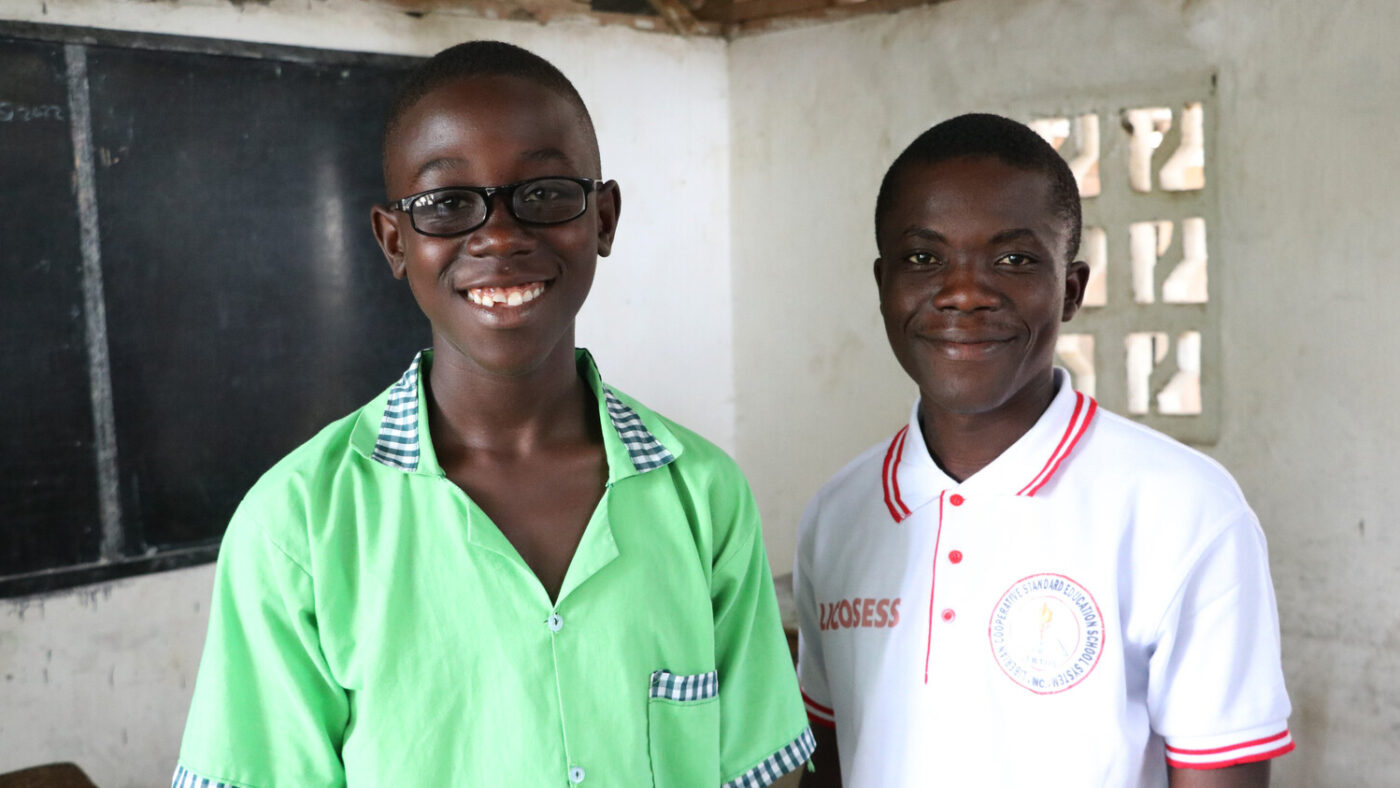This project is supported by L'OCCITANE Ireland.
Context
Globally, the number of people in need of eye care is spiralling: the number of blind people could triple to 115 million by 2025. Nigeria is the most populated nation in Africa, but 62% of its population live below the income poverty line (HDI 2016). Because the primary sources of employment are farming, fishing and small-scale trading. health services are more difficult to access, hence the need for health services to be free or highly subsidised. Research on child eye health services in Nigeria highlighted that there were only 16 paediatric ophthalmologists in the country, to serve over 81 million children. The majority of these specialists are in the south of the country yet the northwest region of Nigeria has the second highest prevalence of childhood blindness in the entire country. As such, child eye health is a significant public health issue and requires well-integrated, innovative strategies to address the growing need. The consequences of inaction range far beyond vision: it affects education, social participation and future economic productivity.
Supported Project
In 2024-2025, L'OCCITANE Ireland supported a Sightsavers’ project entitled "Focusing on the Future: Child Eye Health in Nigeria". It aims to work to reduce childhood blindness in three states in Nigeria : Kaduna, Sokoto and Zamfara by providing free of charge vision screening, glasses and cataract surgery to children. Commencing in 2017, the project has now been extended to the end of 2024 to reach more vulnerable children in the three states. It continues to build on its work in creating the health infrastructure to provide desperately needed child eye care services for a population of over 8 million children, tackling avoidable blindness and enabling those with visual impairments to get glasses to help them in school. Eye screenings at scale are a key driver of this project. Untreated refractive errors are one of the most common causes of vision loss in children across the world. Additionally providing cataract surgeries to children is a key aim. Children are at risk of permanent blindness if they do not receive surgery at a young enough age, as the pathways in the brain that interpret visual images will not develop fully if they are left without sight for too long. Therefore, finding and treating cataracts early is vital and can prevent permanent vision loss in children.
Some Figures
Budget 10,000 euros
Result 263,394 beneficiaries

Photo credits: ©Sightsavers